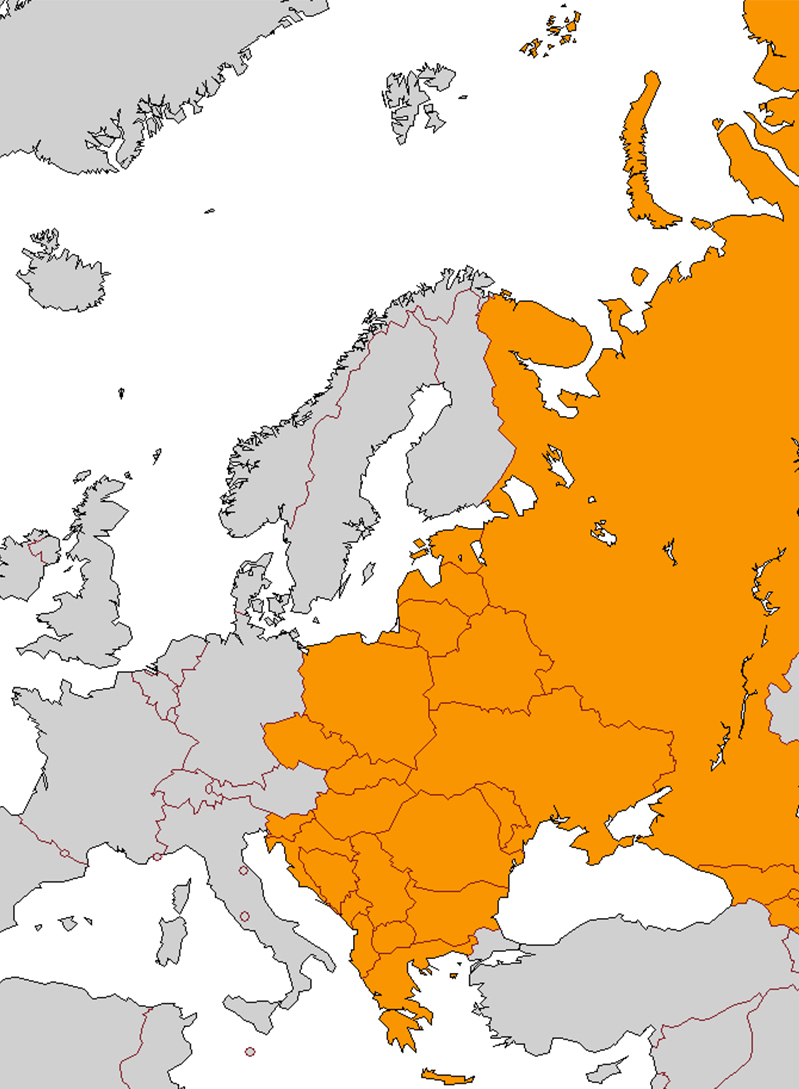
Ukraine war and populism in East-Central Europe
Two public podium discussions focused on the role played by the media in the war in Ukraine as well as developments in the post-socialist states of East-Central Europe. Both were organized by the “East European Studies Bern-Fribourg” association.
Against the backdrop of the war in Ukraine, researchers of the University of Bern organized two important podium discussions in 2022. The first was entitled “Power and powerlessness in the media in the war in Ukraine”. The event addressed the meaning, function and influence of a variety of media channels in Ukraine, Russia and Switzerland. Experts from the realms of science and journalism also discussed how to take a critical approach to information and knowledge.
At the second event, topics of discussion included not only the war in Ukraine but also the protests in Belarus and the authoritarian shift in states subject to the rule of law in East-Central Europe as developments within the post-socialist bloc. A discussion on the causes and conditions of illiberal and populist trends in East-Central Europe used Poland and Hungary as examples.
Both those countries saw populist parties come into power that pursue a national-conservative agenda that tends to be critical of the EU. In many instances, the principles of the rule by law were undermined and freedom of the press was restricted. Today, the parties and candidates running for election in those regions polemicize against diversity and propagate ethno-nationalism with a traditionalist image of society. Central points of reference are church(es) and/or the “Nation”; ethnic or social minorities are villainized and discriminated against. These developments have proven that westernization and democratization do not go hand in hand nor are they irreversible processes.